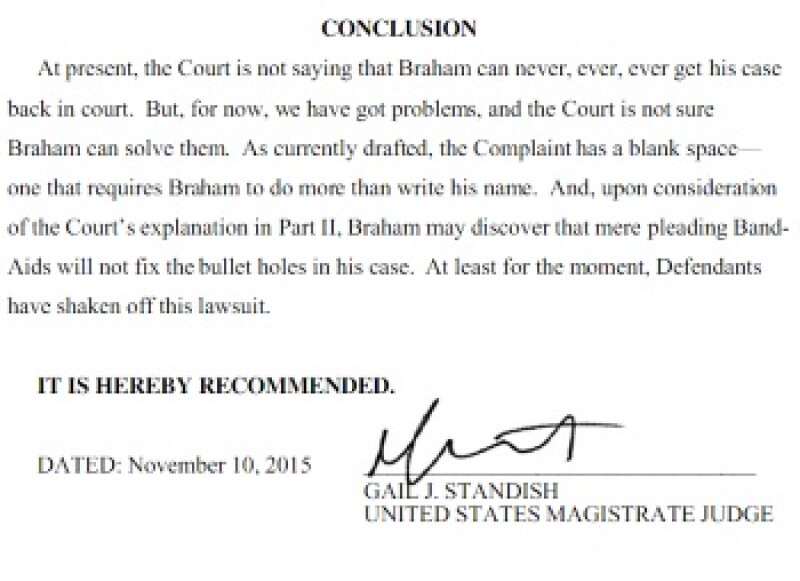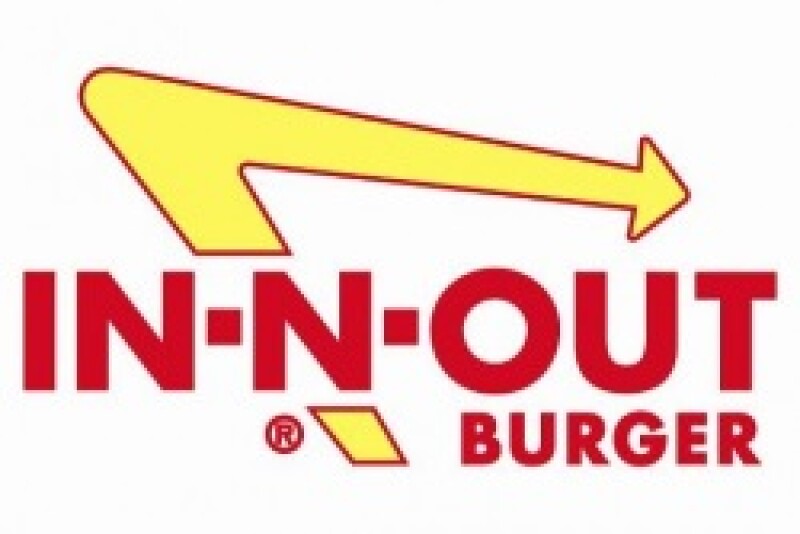Also on the blog this week:
Guest post: A European perspective on the CAD
Why China watchers need to pay attention to IP
The latest around the Asia-Pacific
Some Swift conclusions
Another week, another round of Taylor Swift IP stories.
First, as The Guardian reported, the pop star settled a trade mark dispute with California clothing company Blue Sphere. Swift had been sued for allegedly infringing Blue Sphere’s Lucky 13 mark when she introduced clothing bearing the slogan Lucky 13.
Swift’s lawyers had accused Blue Sphere and its chief executive Robert Kloetzly of trying to bully the pop star into a settlement, and asked the court to protect her from “prejudice and harassment”. However, in August Judge Douglas McCormick of the Central District of California rejected this argument and also rejected Swift’s claim that her tour schedule made deposition impossible. Details of this week’s settlement between the two parties was not given.

The pop star had a more positive outcome from the same court this week when she won a copyright case over her hit “Shake It Off”, reports Huffington Post. Jesse Braham sued Swift claiming the song used lyrics from his song “Haters Gone Hate”. Judge Gail Standish dismissed the case this week, while doing her best to shoe horn as many references to Swift songs as she could into the order.
“At present, the Court is not saying that Braham can never, ever, ever get his case back in court,” she wrote in her order denying the request to proceed. “But, for now, we have got problems, and the Court is not sure Braham can solve them. As currently drafted, the Complaint has a blank space – one that requires Braham to do more than write his name. And, upon consideration of the Court's explanation in Part II, Braham may discover that mere pleading Band-Aids will not fix the bullet holes in his case. At least for the moment, defendants have shaken off this lawsuit.
Braham had claimed Swift copied lyrics from his song, which includes the hook: “Haters gone hate, playas gone play / Watch out for them fakers, they'll fake you every day." Swift’s song includes the chorus: "Cause the players gonna play, play, play, play, play. And the haters gonna hate, hate, hate, hate, hate … And the fakers gonna fake, fake, fake, fake, fake.”
Lastly, Swift’s application for a trade mark on THIS SICK BEAT was published for opposition this week.
Mark Cuban on patents
The IP Watchdog blog this week ran an interesting interview with businessman Mark Cuban, who has long called for software patents to be abolished and also donated $250,000 to the Electronic Frontier Foundation to create the Mark Cuban Chair to Eliminate Stupid Patents. However, recently it has seemed that Cuban appears to be looking to assert his patent rights in the so-called hoverboard market.
Cuban said the patent system doesn’t protect anyone. “I have invested in more than 150 companies and never has having or not having a patent impacted the final decision,” he told IP Watchdog’s Gene Quinn. “Small businesses can and do become great without patents. The problem for little guys with patents is that no patent lives in a vacuum. Particularly with software and technology. There is always a work around and you can always find a patent that enables the big guy to sue the little guy.”
Cuban said software patents should be gotten rid of or at worse llimited to five or seven years. He also defended his decision to invest in Vringo as a hedge. The whole interview is well worth a read.
The song that never ends
Just when you thought the copyright on Happy Birthday to You was effectively in the public domain after a judge ruled that Warner/Chappell did not hold the rights to the song in September, a new challenger has emerged.

As Techdirt reported, the heirs of the Hill sisters are claiming they own the copyright to the sing if Warner/Chappell do not.
“[The] applicants have been accepting royalties from the Defendants for over twenty (20) years as the beneficiaries of Patty and Jessica Hill’s estates pursuant to what they believed was a valid assignment from the Hill Sisters to the Summy Co,” said The Hill Foundation and the Association for Childhood Education International. “As a result of the Court’s ruling, it is now likely that applicants are the valid owners of the copyrights to the Song, and none of the current parties are able to adequately represent Applicants’ interests. For these reasons, applicants respectfully request that this motion to intervene be granted, allowing them to protect their interests in the copyrights to the “Happy Birthday to You” lyrics.”
Gilstrap tries new mousetrap
Judge Rodney Gilstrap is the busiest patent judge in the US, with a fearsome docket. No wonder, then, that he has been known to take action to ease his workload. In June Gilstrap issued an order requiring defendants in patent infringement cases to get permission to file an early motion seeking judgment that a patent is invalid under the Supreme Court’s Alice v CL decision.

This week he was at it again. As the EDTexweblog noted: “Judge Gilstrap apparently celebrated Veteran's Day by issuing a new standing order that tries out a different mouse trap on the issue of pre-Markman 101 motions.”
In this week’s standing order (the PDF of which can be viewed here), Gilstrap said “the Court, in seeking to efficiently manage its docket, believes such efficiency is enhanced by early input as to the propriety or lack thereof regarding claim construction prior to consideration of such motions.”
Parties seeking to file pre-Markman hearing dispositive motions under Section 101 prior to entry of the Court’s claim construction order must include certification that:
– The parties agree that prior claim construction is not needed to inform the Court’s analysis as to patentability.
– The parties disagree on whether prior claim construction is not needed to inform the Court’s analysis as to patentability.
In-N-Out delivers trade mark suit
Normally known for a different kind of beef, California burger chain In-N-Out Burger has sued Minnesota company DoorDash for delivering its food and displaying its trade marks on the DoorDash website, according to a briefing from Winthrop & Weinstine.

“Defendant’s use of plaintiff’s famous trade marks implies that defendant not only delivers In-N-Out products to its customers, but that the quality and services offered by defendant is the same as if consumers had made purchases directly from plaintiff,” In-N-Out said in its complaint. “Upon information and belief, the quality of services offered by defendant does not at all comport with the standards that consumers expect from plaintiff’s goods and services. Further, plaintiff has no control over the time it takes defendant to deliver plaintiff’s goods to consumers, or over the temperature at which the goods are kept during delivery, nor over the food handling and safety practices of defendant’s delivery drivers.”
The complaint added that while In-N-Out adheres to the Food Code, DoorDash does not adhere to such regulations, including with regard to compliance with required food safety and handling practices.”
Winthrop & Weinstine said DoorDash’s legal defence is likely to be nominative fair use.
David Grace, partner and co-chair of the IP protection practice at Loeb & Loeb’s Los Angeles office, said on the trade mark claims In-N-Out will need to show that consumers are likely to be confused or mistaken into believing that Doordash is affiliated with In-N-Out.
“In addition, the courts have recognized a doctrine called ‘nominative fair use’ which permits companies to refer to the trade mark of another company,” Grace said in a statement. “In general, the requirements are a need to refer to the trade mark, the use of only so much of the trade mark as is reasonably necessary to identify the other company, and that the speaker does not suggest an affiliation or endorsement by the trade mark owner. In this case, one of the key the issues is whether Doordash’s advertisements stayed within in boundaries of the nominative fair use doctrine or whether Doordash has gone too far.”
In our news and analysis this week:
PTAB petitions pass 4,000 mark but USPTO proposes filing rate hike










